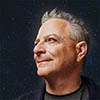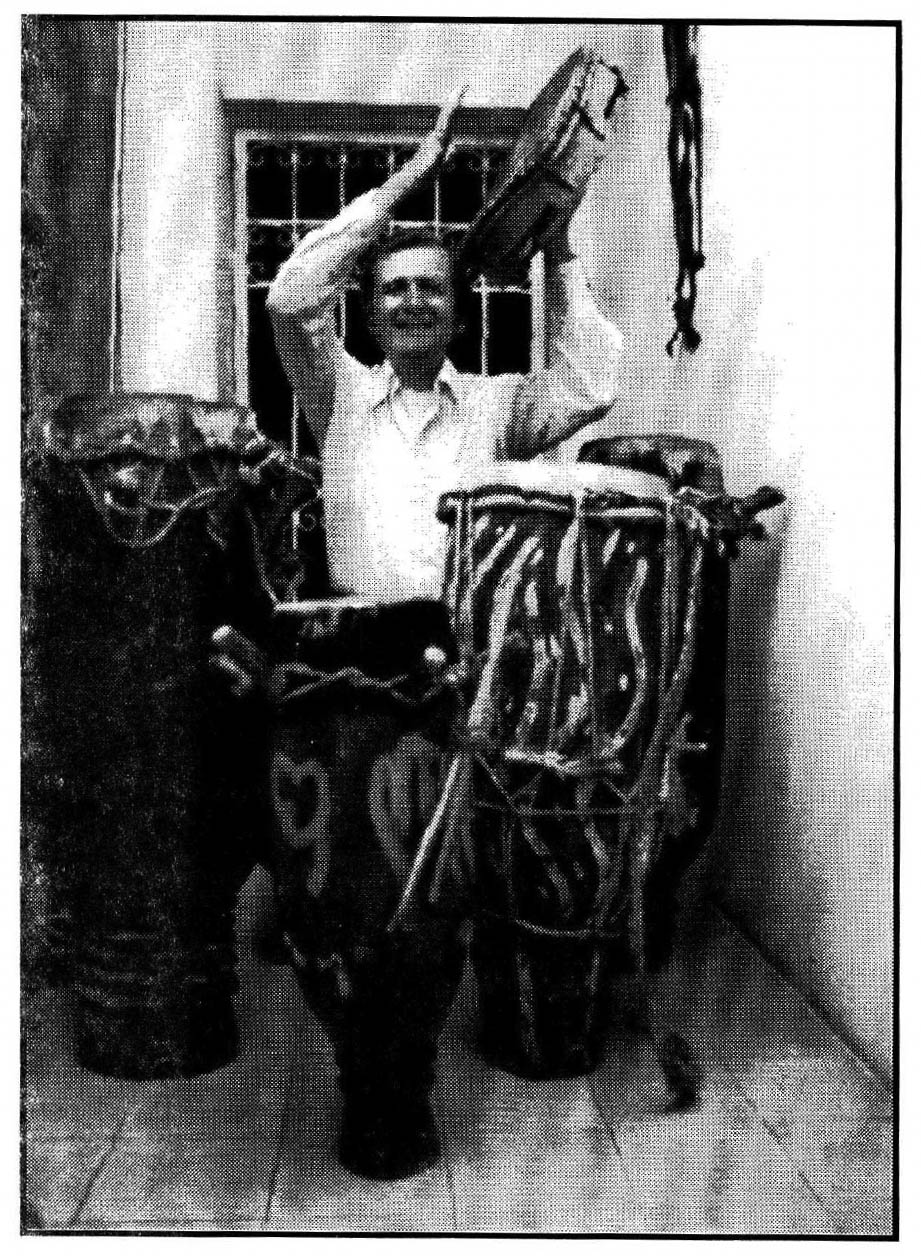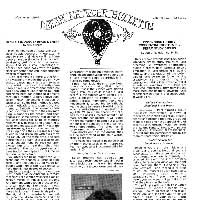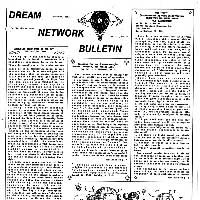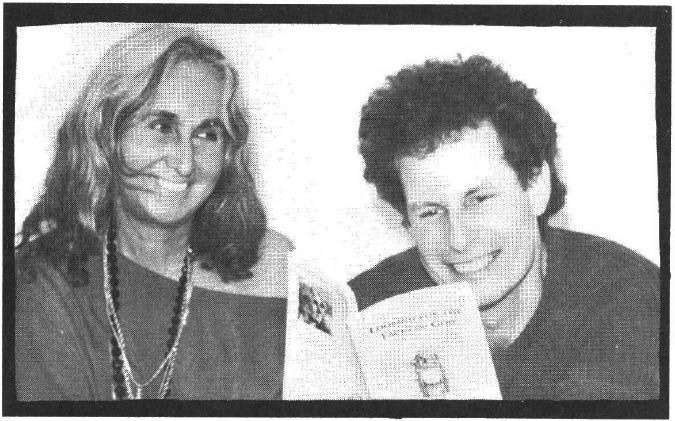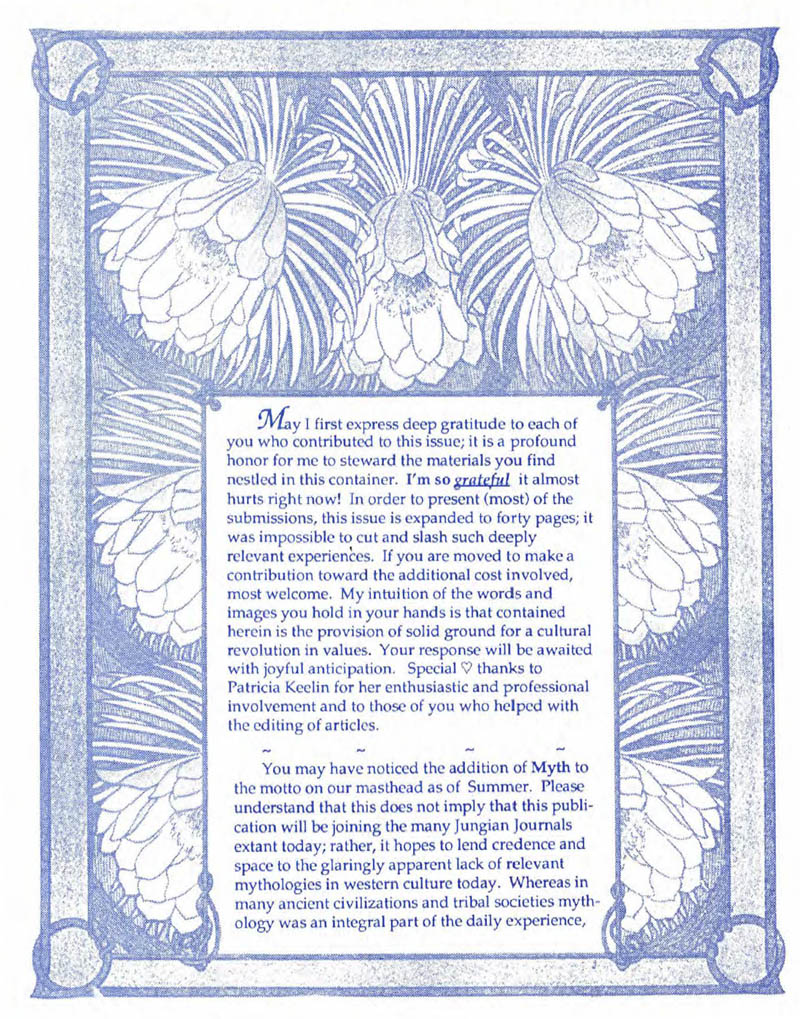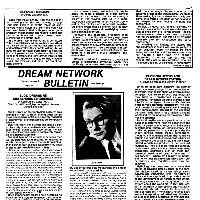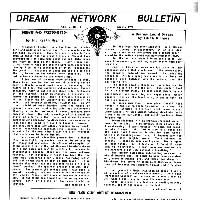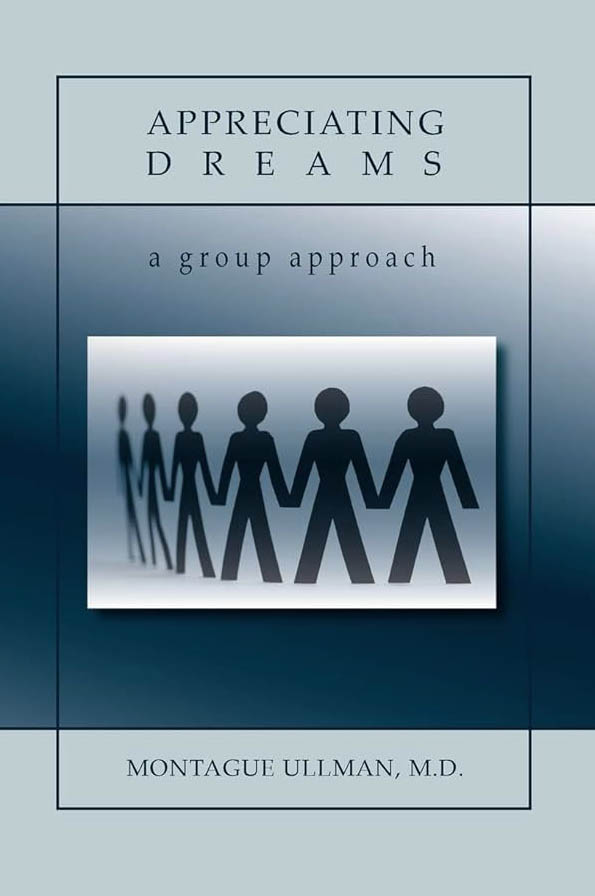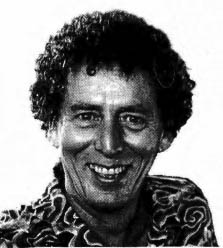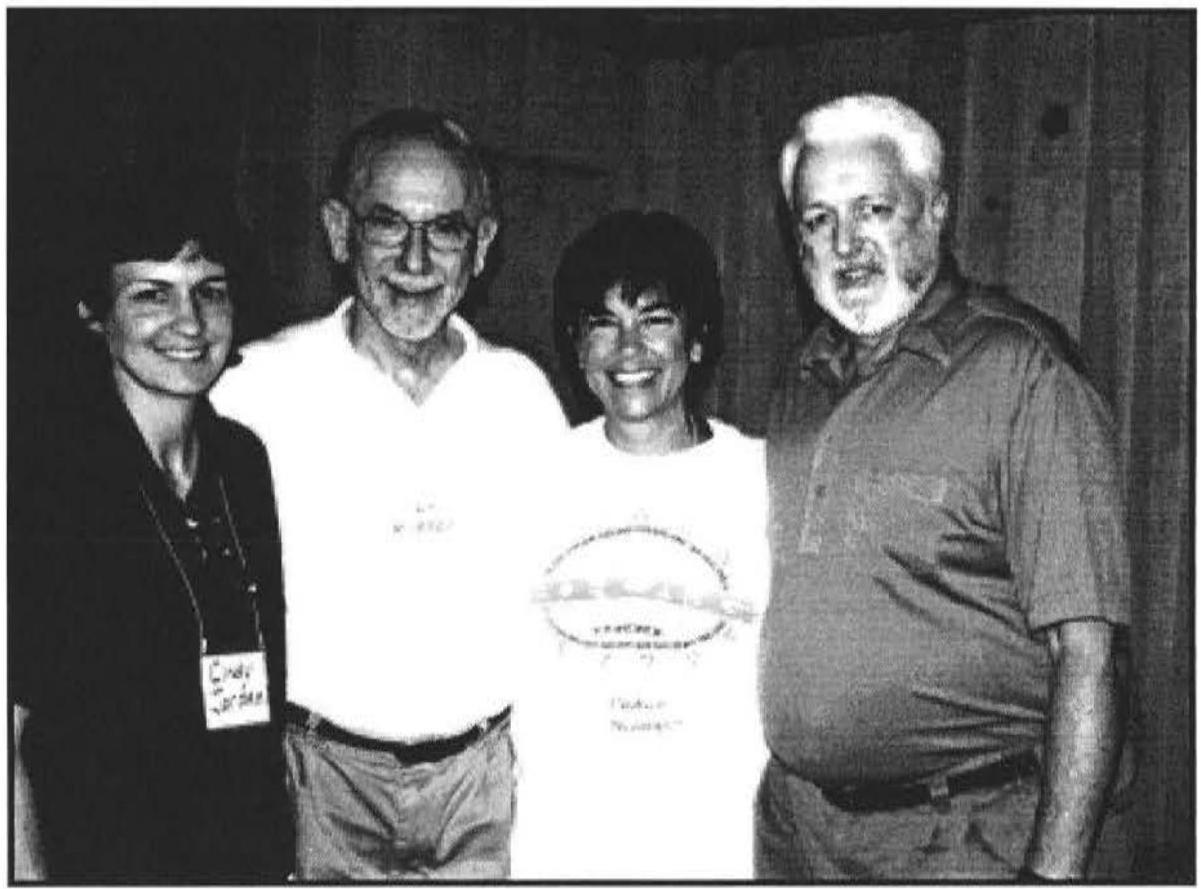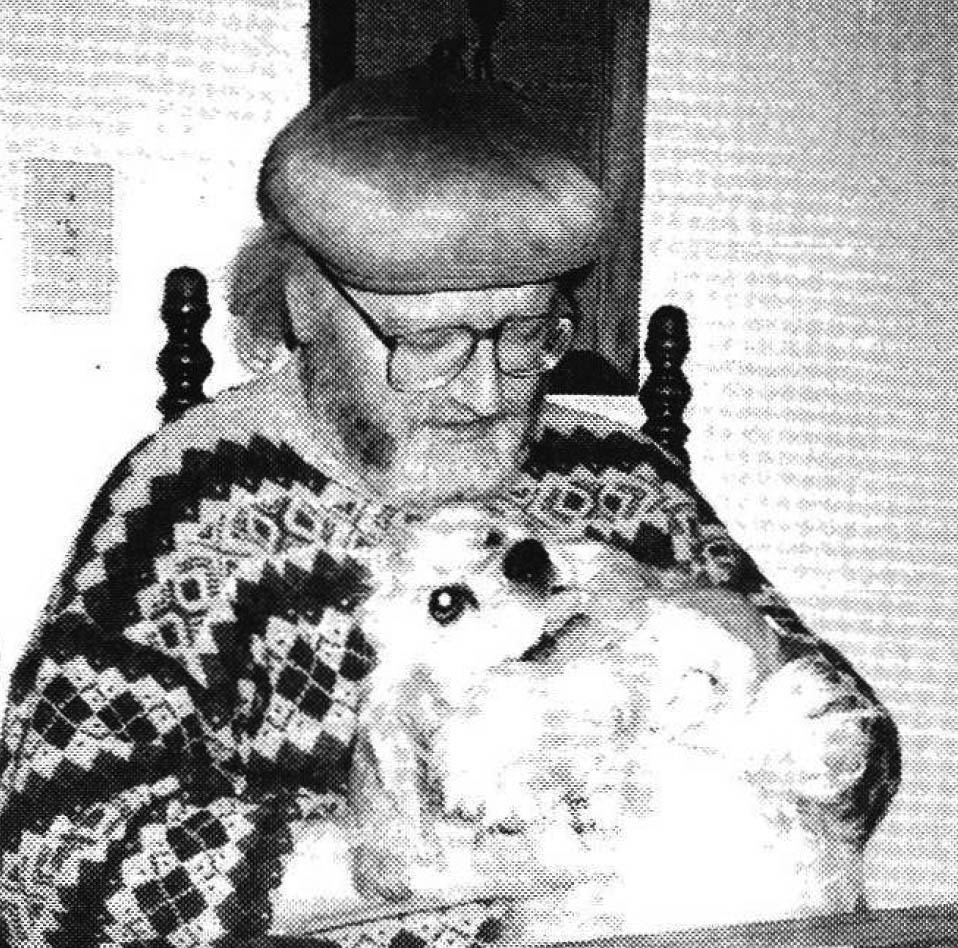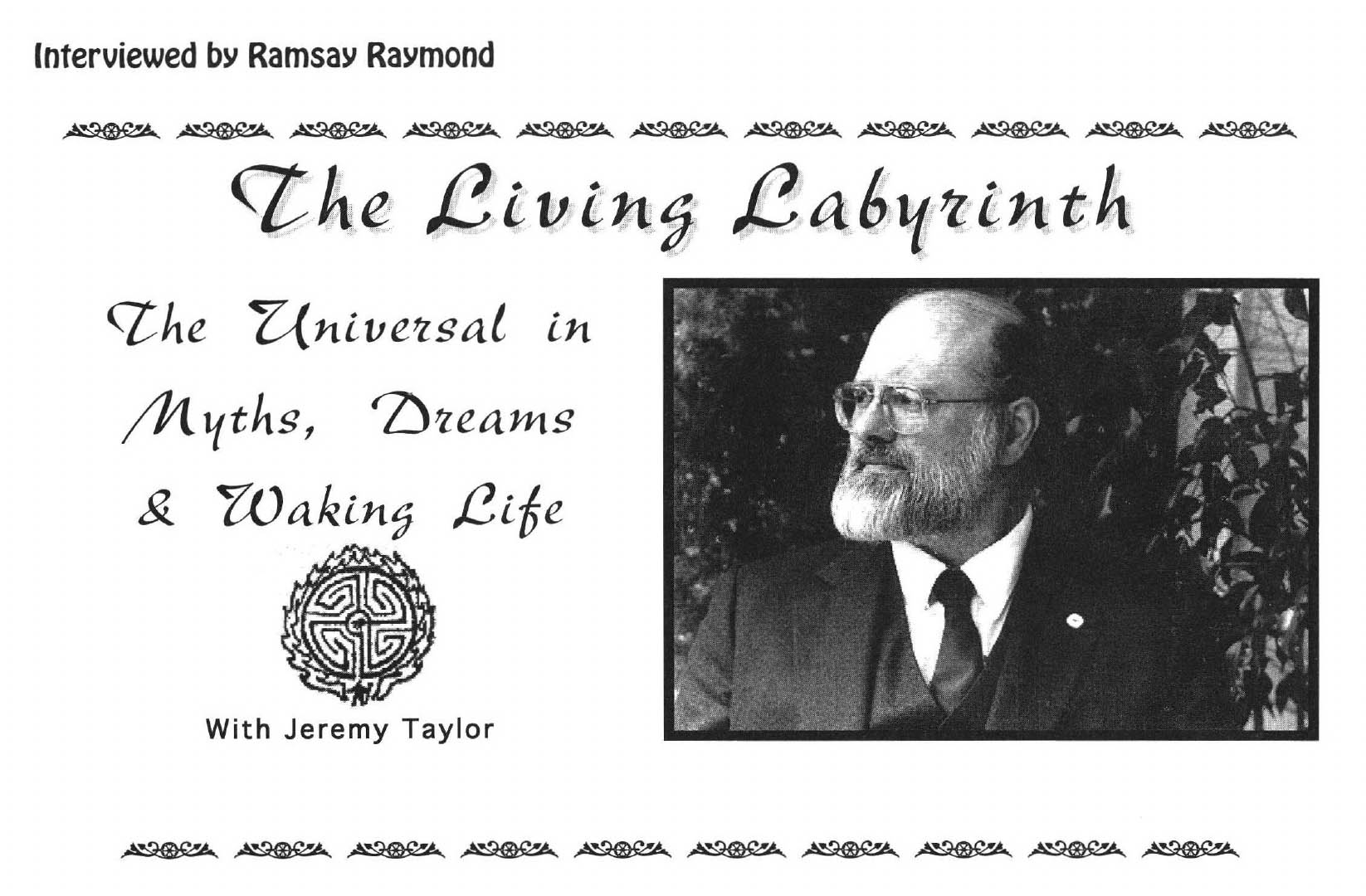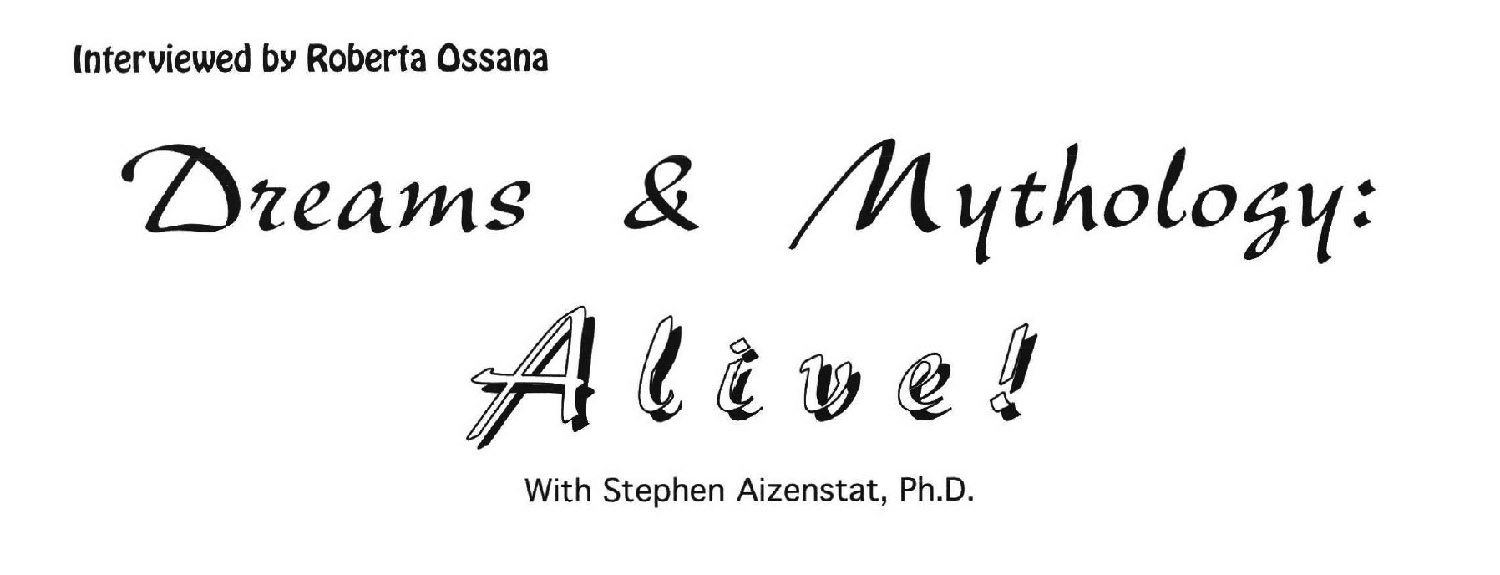
DNJ: Thank you, Stephen, for being willing to take time from your busy schedule. I would like to begin by bringing the meaning of the words, dream and mythology, into their rightful definitions, by honoring the truth of these precious dimensions. How and where have the words myth and dream come to mean falsehood or lie and fanticized future (respectively) in contemporary Western culture?
SA: I think what happened as the culture evolved the last several hundred years and we adopted as our philosophy of thought the methodology of science, we then started to literalize. As we began to literalize and concretize, then anything that was different from an empirical understanding became, at best, suspect and most often, false. Myth being a kind of prevailing cultural story, not necessarily anchored in causal and factual proof, but rather out of oral tradition was devalued. In fact, even the oral tradition as an orientation was devalued tremendously in service to a kind of scientific methodology. Western culture moved toward a way of being that is grounded is causal literalism and became increasingly suspicious of dreams, myth, or story.
DNJ: So how do you-in your life and work-'buck up' against those prevailing definitions?
SA: For me, personally, the medium through which I see the world looks more poetic or aesthetic, than it does scientific or literal. A portal into that way of seeing or listening, is the dream. Dreams come with their own sense of the poetic or aesthetic because they are anchored primarily in the cultural imagination, rather than in scientific explanation.
DNJ: As Jung said, you are leading a symbolic life....
SA: Yes, or an imaginal life. And myths, I believe, generate out of and perpetuate that imagination and a relationship to psyche and soul. When we hear the world mythically, from this point of view, the world is alive and and we're engaged by it; it's animated!
When Joseph Campbell suggests that we operate out of the myths that live through us, I believe he's talking about that same sense of the poetic and of the imaginal.
DNJ: What initially inspired you along this path?
SA: It had to do with a lot of my own curiosity and my own suffering or affliction in relation to the different social and political situations in which I was involved in my early twenties. One of which was that my behavior was a result of the influences of my peer group or my family of origin, and so on. Those explanations soon started to give way to the need for something a little more full-bodied or embodied. The notion of what impacts a life or influences a culture started to really work on me, and I started to think in terms of mythic or archetypal story and universal themes... and that, of course, brought me right into consideration of dreams and mythology.
These things opened up for my consideration other influences, beyond the prevailing explanations.
DNJ: Did dreams become alive, a more active part of your becoming, in the early stages of your search?
SA: It was a question of developing a friendship with my dreams, and to the extent that I brought attention, curiosity and interest to them, was the extent to which my sense of recall increased and my active engagement started to develop. I think that's how it is with dreams; a big part is remembering the dream and working with it. Ultimately, to befriend the dream.
DNJ: One question that guides this issue is 'What is the Relationship of Dreams and Mythology?' How would you describe that relationship?
SA: Mythology is in an alive, active expression of a living psyche. Myths aren't something to look at historically, necessarily; they're as alive, active, and present as we are, and they operate in the cultural imagination.
Dreams are the same. Dreams open up to the same kind of poetics as do myths. They're alive, engaging, imaginative! Both come from essential ground that is psychological or imaginative, so they share a tremendous amount in common.
DNJ How does the mythic dimension act in the moment - from day to day - in your life?
SA: The same themes in myth present themselves in the dream. Part of what's so important for me is to appreciate that myth isn't something of the past, but is always in the immediate experience. To touch into the range of experience that's informed by these themes, or these entities, that appear-both in story and in dream-is really to access some of the primary influences that are directing our lives.
As important as this notion of going into the past to recover the meaning of a myth, or exploring early childhood or family of origin issues to interpret the meaning of a dream, is to appreciate the here and now, very immediate sensibilities of the entities, or figures in the dream. Dreams and myths are not static events of the past; they are alive in the present moment! Community is a marvelous place where this can be enacted and unfolded. Part of what we do in our dream workshops is to hear the dreams-Not as something that's occurred only in the past-but as something that is operating right here and now, betwixt and between. That's one thing to think about.
Another is the nature of myth and/or dreams as being informed by the soul of the future. They are so shaped by-not only by what has occurred and sometimes not even by what is occurring-they are impacted by the pull of what is yet to be. They afford us that opportunity, to feel the sense of what's yet to come.
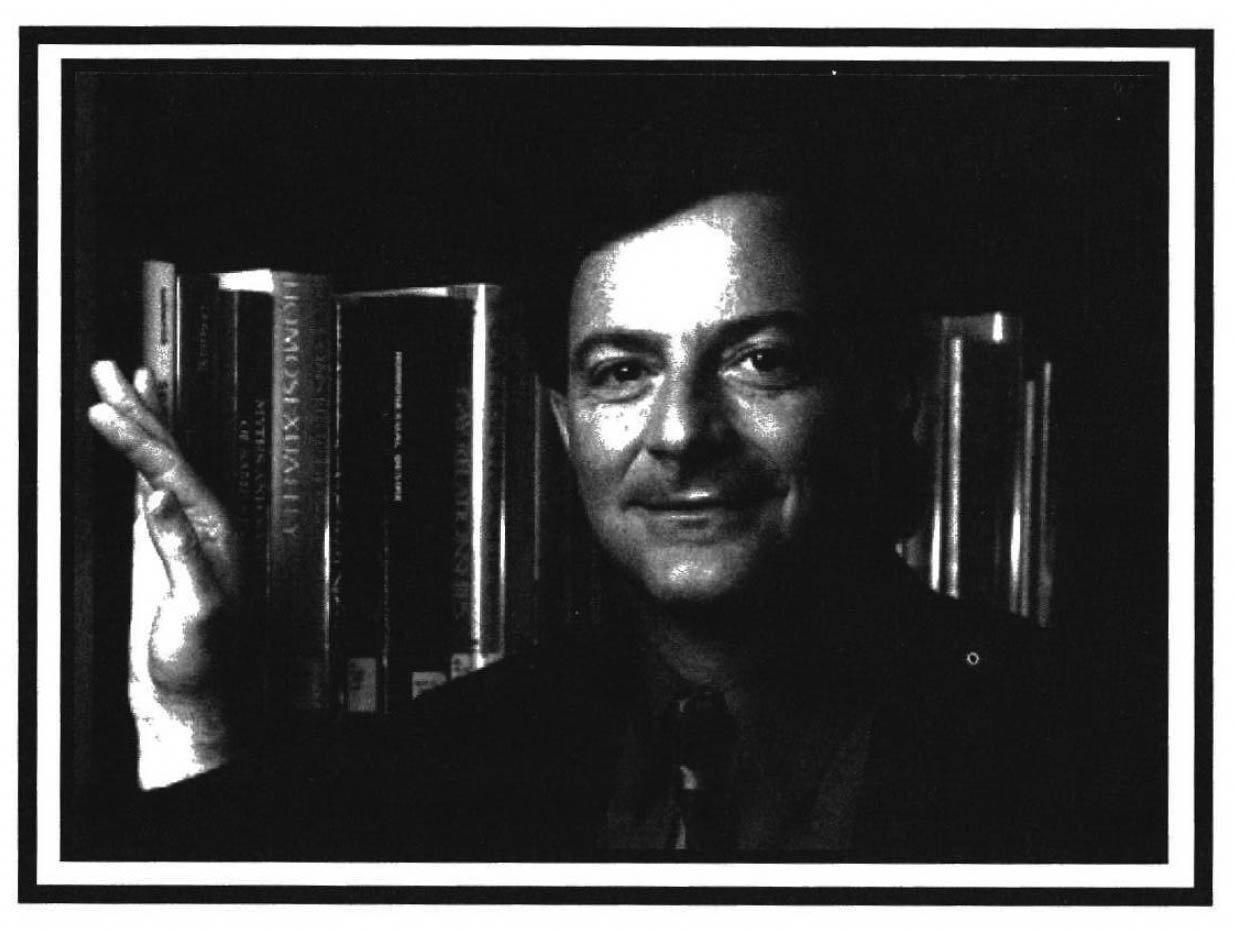
If we develop a way of being in relationship to these influences, we can move out of an identification or possession state, into very productive, creative dialogue with ourselves and one another.
DNJ: Joseph Campbell identified the various levels at which mythology functions. Do you see emerging or evolving mythologies that will serve us in these perilous times, in the way that mythologies serve(d) other cultures?
SA: In myth and certainly in dreams, the image of the Green person or the Green Man seems to keep presenting himself. This is different from 10-20 years ago.
The cultural imagination has really become curious about the Green Man, who represents something generative and more ecological in orientation and informed by multiple myths and various legends, such as Celtic lore.
In addition to that particular image, the possibility that opens and that is so important is not the particularity of the myth that we are going to be guided by as much as it is a way of experiencing life mythically.
That's the key! That's the real key:
To begin to open our sensibilities to a mythic way of being in the world. It results in living in a world that is more animated so that we see the creatures and things of the world as ensouled or at least enlivened by a sense of psychic presence or depth. That makes a big difference! Or to view our relationships, or our community's political or social structures in a kind of imaginative way, as well as a literal or concrete way.
DNJ: The concept that comes to mind is 'Enchantment.' Recognizing the world as enchanted. It's something we've lost, by and large. But, it's here, now....
SA: Yes. We've lost that. And something different happens when people allow dreams and mythology to open up and be alive for them. Myths never were but always are. They are here, now, in the immediacy of experience... and to be open to a way of seeing and experiencing life as if it were a dream or as if myth were present and alive, really creates something different behaviorally. I believe that first there's imaginal background-the mythic story; then there's behavior. Imagination precedes behavior.
One of the emerging myths-as you ask-would not be the particularity of a essential 'story' as much as a way of perceiving the world from a mythical point of view.
I'll give you an example. I was asked to be part of the Earth Charter Initiative, which is a United Nations sponsored attempt to develop 12-18 principles for a sustainable environmental future for our planet. I joined 70 other participants at The Hague in the Netherlands, where we talked about the possibilities and worked on an emerging Earth Charter. Their question was: "What are the principles that we can develop to assure and insure a sustainable future for the Planet?"
The problem was, that question doesn't take us anyplace! As long as we keep asking what we can do for the planet, we are still imposing our set of values in a linear way on a static system. On the other hand, when we appreciate the planet as alive, as a planet informed by a mythic notion-for example, Gaia-then we ask a different question. Then the question becomes not what we can do for the planet, but how we can listen into the planet and what the planet can tell us about its plight.
Until we hear the planet animated and alive, informed by this notion of story, myth or dreams, we can't even get to that place!
So, the question becomes: "How we can extend the notion of experiencing life mythically from the personal to the collective to the planetary level?" And here's a perfect example of an emerging effort on behalf of 'we the people' around the planet working to come up with the essential principles to develop something called the Earth Charter that will be adopted by the assembly of the United Nations - we hope by the year 2002 - and disseminated to all the countries on this planet.
DNJ: That's very hopeful.
SA: Yes.... and it's informed by story, by myth. What we've developed at Pacifica Graduate Institute in our work on the Earth Charter Project is a way of hearing into the living story, the living myth of the planet.., through the portal of dreams. We've asked literally hundreds upon hundreds of people to hear into dreams and hear the planet speak to them: the creatures, the oceans, the flora, the buildings, the streets....
We've asked them to hear those entities speak on behalf of their plight-originated in the world, not originated in personal or cultural consciousness-as expressed in the images of dreams.
But, in order to hear that, we need to think differently. We need to hear the dream, not as a reflection of personal history or collective human experience only; we also have to allow the possibility for the things of the enchanted-to use your word-world to speak on behalf of themselves.
That's the way that it can extend into the cultural, collective realm.
DNJ: That's a crucial and wonderful task you give us, Stephen and it feels like it has brought our talk full circle. Thank you again.
Dr. Stephen Aizenstat is the founding President of Pacifica Graduate Institute and a clinical psychologist. His original research centers on a psychodynamic process of "tending the living image," particularly in the context of dreamwork. He has conducted dreamwork seminars for over 25 years throughout the United States, Europe, and Asia. For further information: Pacifica Graduate Institute, 249 Lambert Road, Carpinteria, CA 93013.


